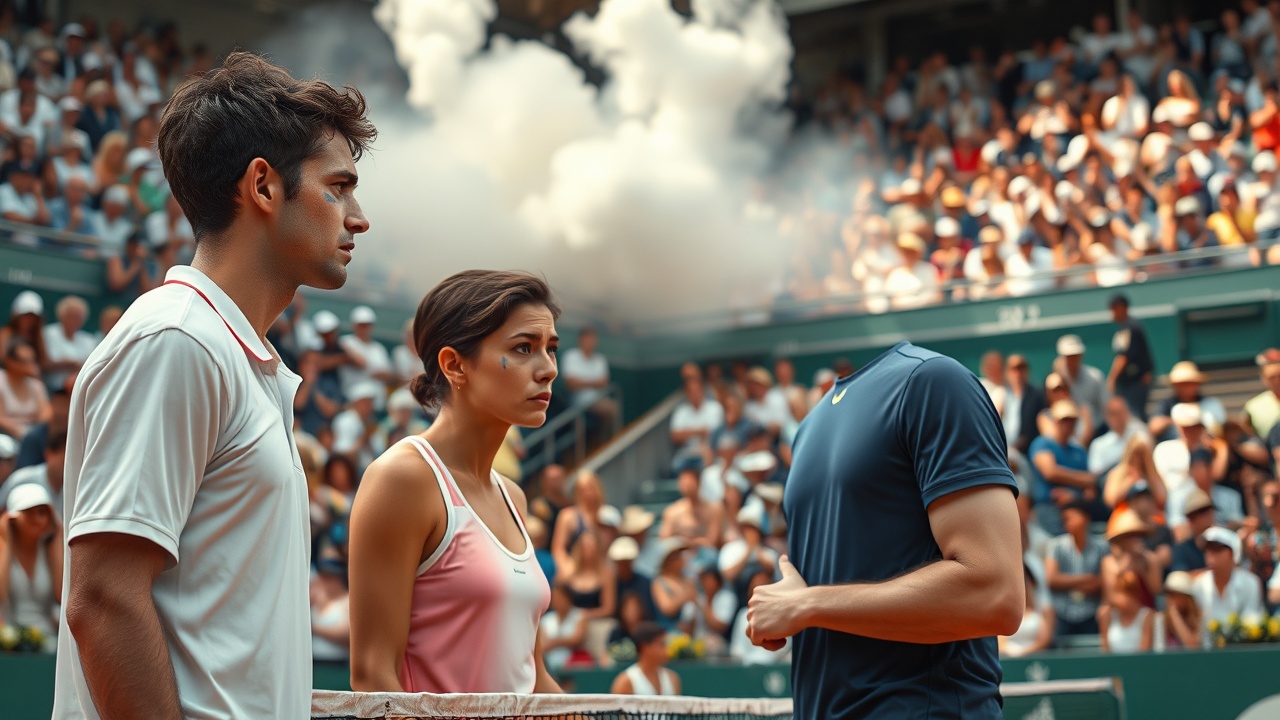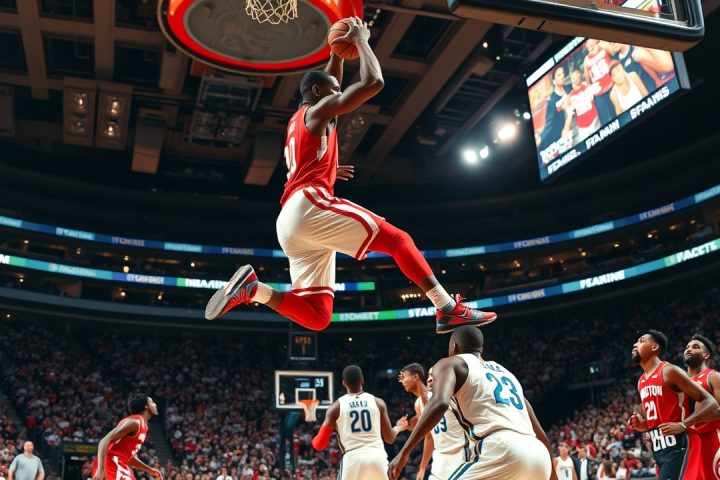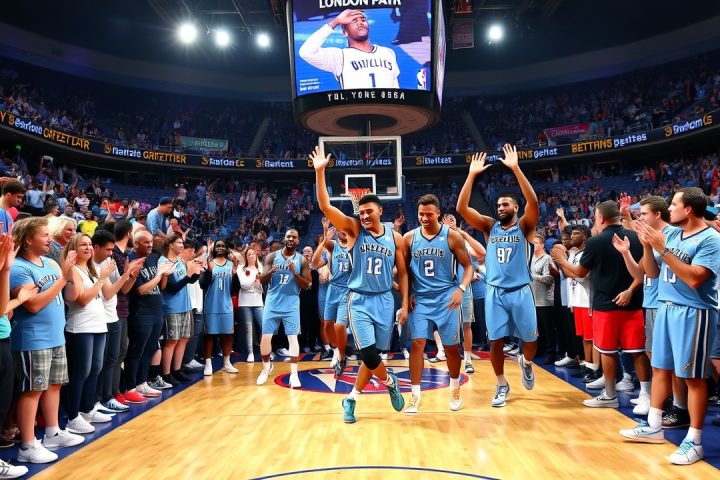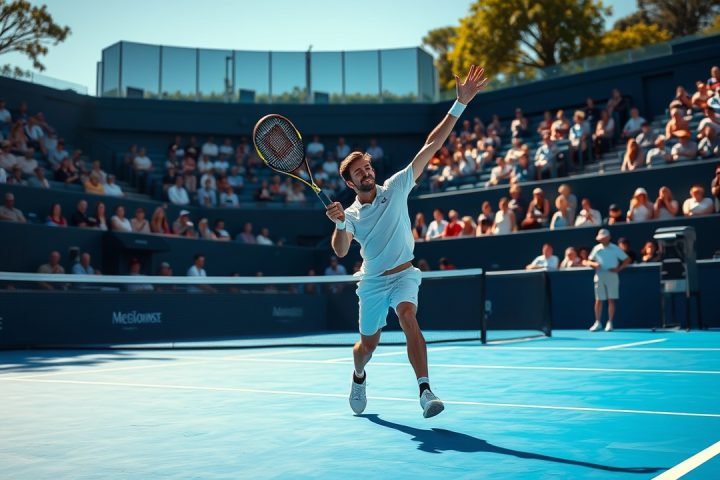The Unique Atmosphere of the French Open
The atmosphere at the French Open is unique, particularly for foreign players facing off against French opponents. The fervor of the Paris crowd can shift from supportive cheers to disruptive boos and whistling, making it painfully clear that visitors are in the minority. Such intense environments have prompted tournament officials to ban alcohol from the stands since last year, a measure still in effect to mitigate unruly behavior.
Players’ Experiences
Young Czech player Jakub Mensík, who triumphed over French competitor Alexandre Müller in a challenging match at Court 14, likened the crowd’s vibrant atmosphere to that seen at soccer games. Meanwhile, Chilean Nicolás Jarry described his past experience in Paris as “disgusting,” recalling last year’s clash against Corentin Moutet, where the French player’s coach encouraged the spectators to create a hostile environment. Jarry noted a stark contrast in his latest match against French player Arthur Fils, whom he labeled a “gentleman.”
Anticipation and Security Measures
The renowned Novak Djokovic, gearing up for a second-round match against Moutet, anticipates a lively crowd atmosphere, a common occurrence at Roland Garros.
“Fans here are more enthusiastic and vocal compared to other Grand Slams,”
Djokovic remarked, acknowledging that for some players, this could be a challenging setting. Tournament director Amélie Mauresmo highlighted the increased security measures and the expanded authority of chair umpires to address any inappropriate conduct from the audience.
Handling Crowd Reactions
During Mensík’s match, he received jeers even during warm-ups. After sealing victory, he playfully gestured to the crowd with his finger, a nod to Djokovic’s teachings about handling fan reactions.
“Sometimes it goes too far,”
he admitted, illustrating the fine line players walk between visible agitation and gameplay.
Different Perspectives on Crowd Dynamics
Conversely, some players respond differently to the crowd’s dynamics. Belgian Elise Mertens depicted the home crowd’s enthusiasm as part of the sport, despite losing to French player Lois Boisson.
“My opponent had support, and I had mine from Belgium; it’s just normal,”
she stated, contrasting others’ more negative experiences.
On the flip side, French players like Varvara Gracheva feel that the loud cheering invigorates them, though it can also increase the pressure during matches. There hasn’t been a French woman to win the singles title in twenty-five years, and it’s been even longer since a man, highlighting the weight of expectations during this prestigious event. Moutet acknowledged the pressures involved in competing at home, as victories elevate players to hero status while defeats can feel like failure.
The Passion of Young Fans
In the midst of the competition, young supporters like Nathan Fhima embody the passion of French fans, boldly cheering on their national athletes and hoping that their fervor might inspire a future champion on the clay courts of Roland Garros.
“We need to cheer; otherwise, nothing will change,”
he insisted after watching a recent match.
Conclusion
As the French Open progresses, one thing remains clear— the unique and raucous environment offers a distinct challenge for all competitors, adding a captivating layer to the tournament’s storied legacy.




